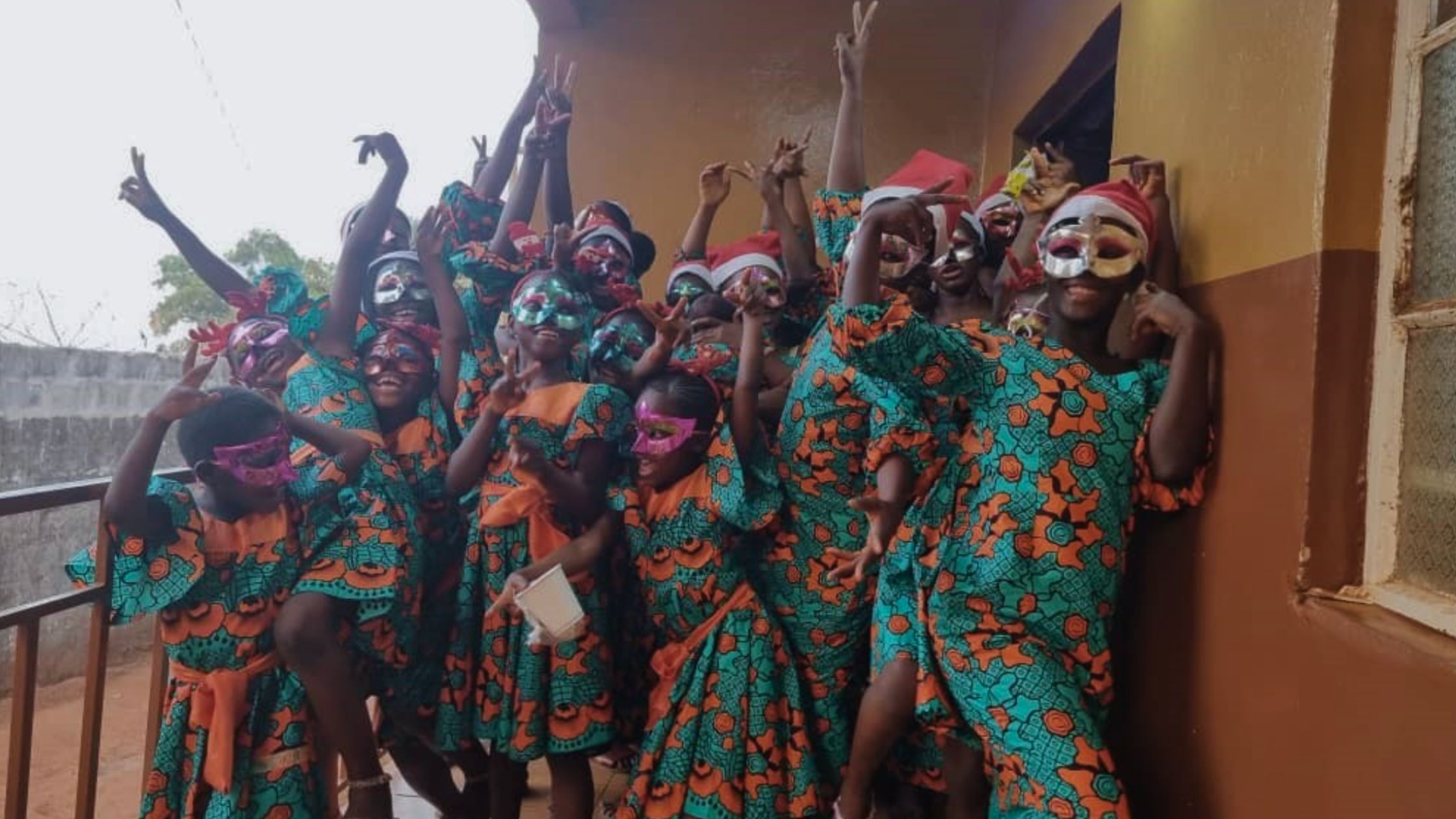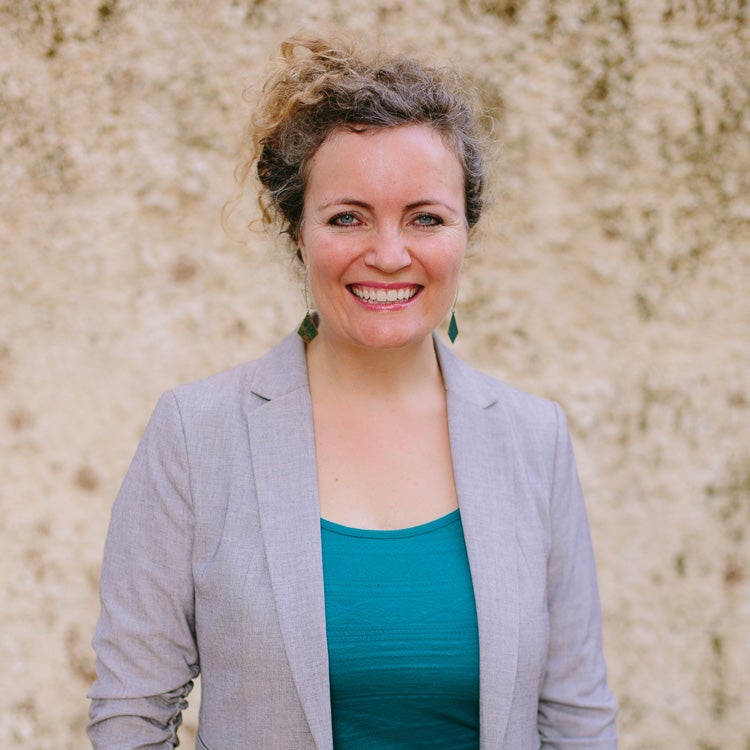
University of Georgia Partnership Makes Huge Gains Against Human Trafficking
Eighty-six child survivors are protected, 401 more children know ways to prevent human trafficking and over 1,000 more community members recognize the need for Sierra Leone’s new anti-trafficking law: the Anti-Human Trafficking and Migrant Smuggling Act, 2022.
All of this happened because of a three-and-a-half-year partnership between World Hope International and the Center on Human Trafficking Research & Outreach (CenHTRO) at the University of Georgia.
Funded by the U.S. Department of State’s Office to Monitor and Combat Trafficking in Persons (J/TIP), the partnership addressed child trafficking in four of Sierra Leone’s 14 districts: Kailahun, Kambia, Kenema and Kono. There, a type of informal fostering called “menpikin” often masks child trafficking.
The traditional arrangement — often for education opportunities — allows extended family members, trusted acquaintances and family friends to take in children. But menpikin contributes to child labor in agriculture, mining, domestic work, street hawking and, in some cases, early marriage or sex trafficking within and outside Sierra Leone.
World Hope’s program implementation included many participants, from survivors to village chiefs, city councils and schoolchildren. Lessons learned will be applied to expand similar programs.
“It’s a huge step toward sustainability,” said Yusifu Koroma, trafficking prevention program manager with World Hope.
Since 2021
86: Child survivors cared for
401: Children trained on “I Am Special” trafficking prevention
80: Police trained on trauma informed care
55: Government social workers trained on reintegration + trauma informed care
320: Community members trained on small business skills
1,066: Community members trained on Anti-Human Trafficking and Migrant Smuggling Act, 2022

Haley Clark
Director of Anti-Trafficking and Gender-Based Violence
World Hope International
